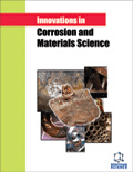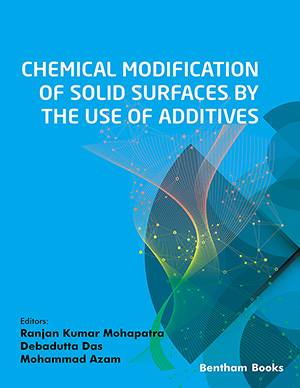Abstract
Degradation of mechanical properties of fuel cladding materials due to hydrogen effects is a major concern in nuclear power plants. Zirconium-based alloys are the standard materials for this application. Hydrogen embrittlement is closely related to hydride formation. The addition of specific alloying elements can change the mechanisms of hydride formation and the characteristics of hydrogen embrittlement of zirconium-based cladding materials. The development of safer and more efficient cladding materials depends on the understanding of hydrogen effects on their mechanical properties. This work reviews the mechanisms of hydrogen embrittlement of zirconium and zirconium-based alloys for nuclear fuel claddings. The effects of different alloying elements are discussed. Materials selection strategy for the development of new cladding materials with increased resistance to hydrogen embrittlement is designed.
Keywords: Hydrogen embrittlement, nuclear fuel cladding, zirconium alloys.
 21
21




